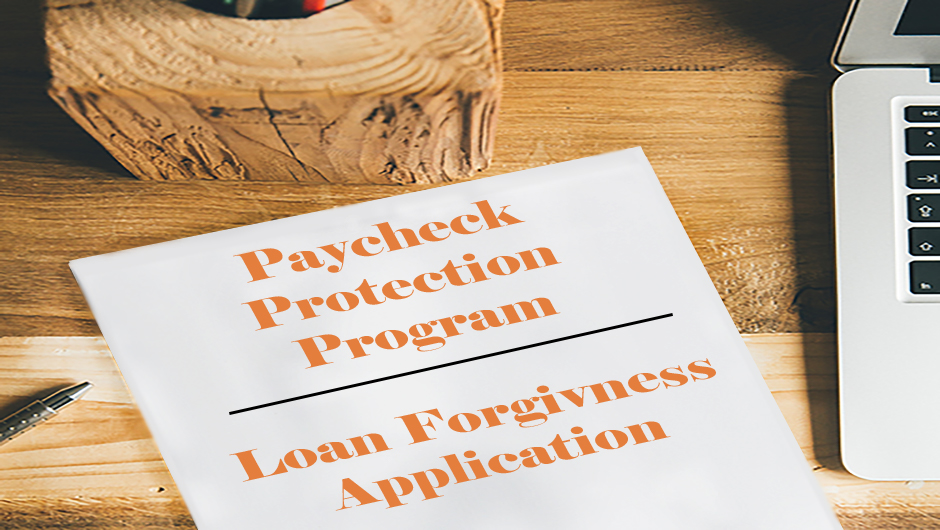Many of us are aware of or have read about individuals falling victim to scams. In fact, the Federal Trade Commission reported in 2024 that there were 2.6 million fraud reports, resulting in losses of over $12.5 billion. This marks a significant increase compared to the 1.4 million fraud reports from 2018, which accounted for losses of $1.48 billion. One of the most common tactics used by scammers to deceive people is through wire transfers. In 2024, Americans lost $288.7 million due to wire fraud.
How Does Wire Fraud Happen?
Oftentimes scammers defraud during large financial transactions by getting down payments, closing costs or other proceeds wired to a fraudulent account rather than to the intended account of the bank or lender. Once a wire transfer is sent, it is nearly impossible to retrieve the money, so if it’s been sent to an incorrect account, it’s as good as gone as it has moved on many more times after your wire transfer.
While this type of scam is most commonly seen in real estate transactions, it can happen in any instance where large sums of money are being wired – including equipment financing.
how does the scam work?
Most often the scam is initiated through email. The purchaser receives an email with wire instructions, often using some type of urgency ploy. Typically, it looks quite legitimate, often addressing you by name and using the name and/or signature of an agent of the company or lender from whom you are purchasing or financing. Many times the email address used can be very similar to the legitimate email of a vendor or lender.
The scam can also be initiated via phone call. Using the same urgency ploys, the scammer will provide you with wire instructions, or they will ask you to verify identity information (social security numbers, bank account numbers, etc.). The communication can also advise you of a last minute account change to which to make payment.
If you aren’t diligent and careful, you simply follow the instructions provided, thinking you have complied with a legitimate request. It’s not until you actually talk with your vendor or lender that you realize they never received your wire payment.
protect yourself
In this age of digital monetary transactions, how do you protect yourself, your business, and your money? We’ll review some keys to staying diligent and protected.
- Understand the closing process ahead of time and when payment would normally be due.
- Have the contact information, including phone number, for your vendor and lender.
- Read all emails carefully and pay special attention to the url or exact name on the requesting email.
- Personally verify any wire instructions with your closing agent verbally or by a separate email not included in an email chain.
- Trust your gut.
Understand the Closing Process
Prior to the actual closing and transfer of money, ask your contact to review the process and the timing. This will give you an understanding of how the procedure works and what you can expect. It’s a great time to ask questions about how money is transferred, who you should be dealing with and how to contact them.
Get the Contact Information
Have an email address and a phone number for the people who will contact you about any payment or monetary transfer information. This will allow you to directly contact them should any questions arise.
Read All Emails Carefully
Many emails from scammers contain typographical errors, syntax errors or errors in plurality. These errors are often what alert careful readers to the possibility that the email may not have come from a legitimate source. Additionally, pay careful attention to the email address. While the sender’s name might be the same as the company with whom you are doing business, oftentimes the FROM: email address does not accurately represent the company. Scammers are clever. They can spoof email addresses, signatures and phone numbers, or use fake information. Leave nothing up to chance.
Verify Wire Instructions Directly
When you receive wire instructions, use the contact information obtained earlier in the process to verify ANY instructions. NEVER use the contact information presented in the email with the wire instructions because if the instructions are fraudulent, the contact information presented in that email is most likely also fraudulent.
Trust Your Gut
If something feels off, or not quite right, question it. The companies with whom you are dealing don’t want you to be cheated and welcome opportunities to thwart scammers. Information you can provide about potential fraud schemes can help stave off future scams.
what to do if you think you've been scammed
- Contact your bank – the sooner you act the better, getting the money back isn’t easy or likely, but the sooner you act the better.
- Contact your lender – let them know of the issue, they can help confirm if you have indeed been scammed.
- File a complaint with the Authorities – you can report scams and frauds to state and federal authorities. References with links appear below.
don't be a victim
Understanding fraud goes a long way in preventing it. The more you know, the less likely you are to be a victim. Arm yourself with information, be diligent and communicate directly with your lender. A trusted financial partner, like CCG, will help you navigate the closing process to ensure your money goes where it’s supposed to.

Resources:
U.S. Dept. of Justice
FBI – Internet Crime Complaint Center
Financial Crimes Enforcement Network






















